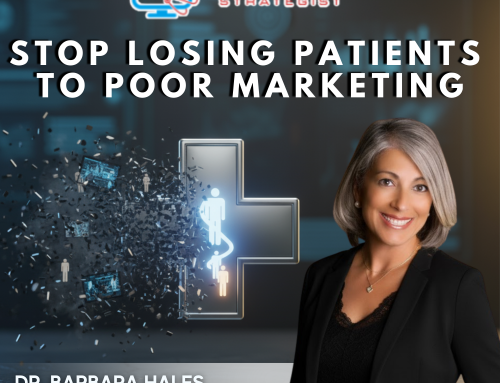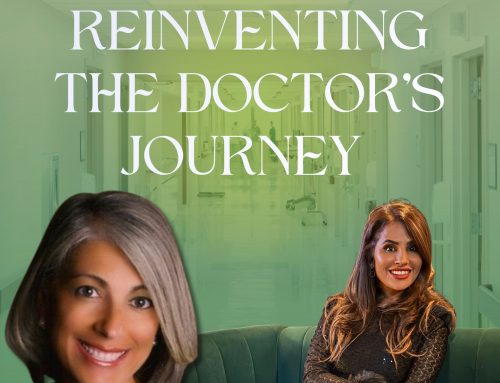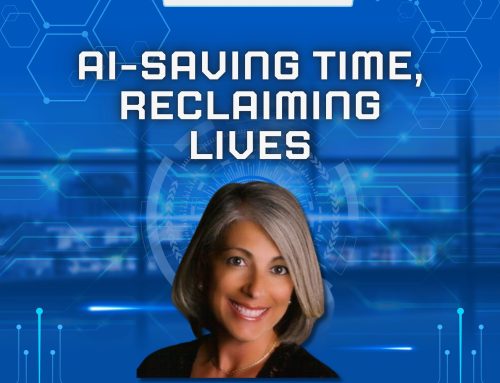The best way to promote health is through confidence.

So important is the issue of confidence in doctors and health professionals that it was discussed in Medscape by Arthur Caplan, director of the division of medical ethics at the NYU School of Medicine.
He pointed out that for him, one of the most important things in dealing with patients is:
“the need to project confidence, trying to make sure that I come across as knowing what I’m talking about. That is something people who give video opinions or presentations are taught is important. You want to sell your message. You want people to think, “He’s an authority,” “She’s a reliable source,” “That’s someone I should listen to.” You don’t have to agree [with your audience], but you want to be taken seriously.
An article published in Annals of Internal Medicine described a situation relating to confidence. “A female medical student wrote that while on rounds, she was upbraided for presenting accurate, truthful, and comprehensive information, albeit not with confidence. She further noted that another female medical student, who didn’t seem to have the facts straight and didn’t seem to have the information right, was praised—not for being in error, but because of the confidence she exhibited in her presentation.”
We all want our doctor to be someone who has confidence in his or her skills and abilities, and can project that to make us feel a bit more at ease when we’re facing risky surgery, dangerous drugs, or even crises that could end our lives. Few of us would want a doctor in whom we didn’t have confidence.
The thing is, we don’t want to confuse confidence for competence. While we often witness politicians and others so-called experts; we see people pushing alternative medicine, and even quackery, with great confidence, saying that this, that, and the other thing is true or will help or is a good thing.
We need to talk more about different styles that work, perhaps studying them a bit more to come to understand that. We can role-model confidence with many different types of behavior.
- My knowledge
- The skills I’ve developed
- What I’ve learned
- My resilience about dealing with issues in difficult times
- Everything I’ve ever been through
- Everything my teachers and mentors have ever taught me
- Everything my parents instilled in me
- Everything hard times have taught me
The asset is me. I will keep educating patients while I still have air in my lungs and I can make a difference for them. Core confidence is what you have from deep within you when nothing else survives. One of the biggest values of core confidence is that with which you are, you’re proud of it, you’re sure of it and you talk about it.
When you can feel this way and exude confidence, you assure patients and help promote patient compliance to make healthier choices and become healthier themselves.
Share with us a story where confidence made all the difference.



